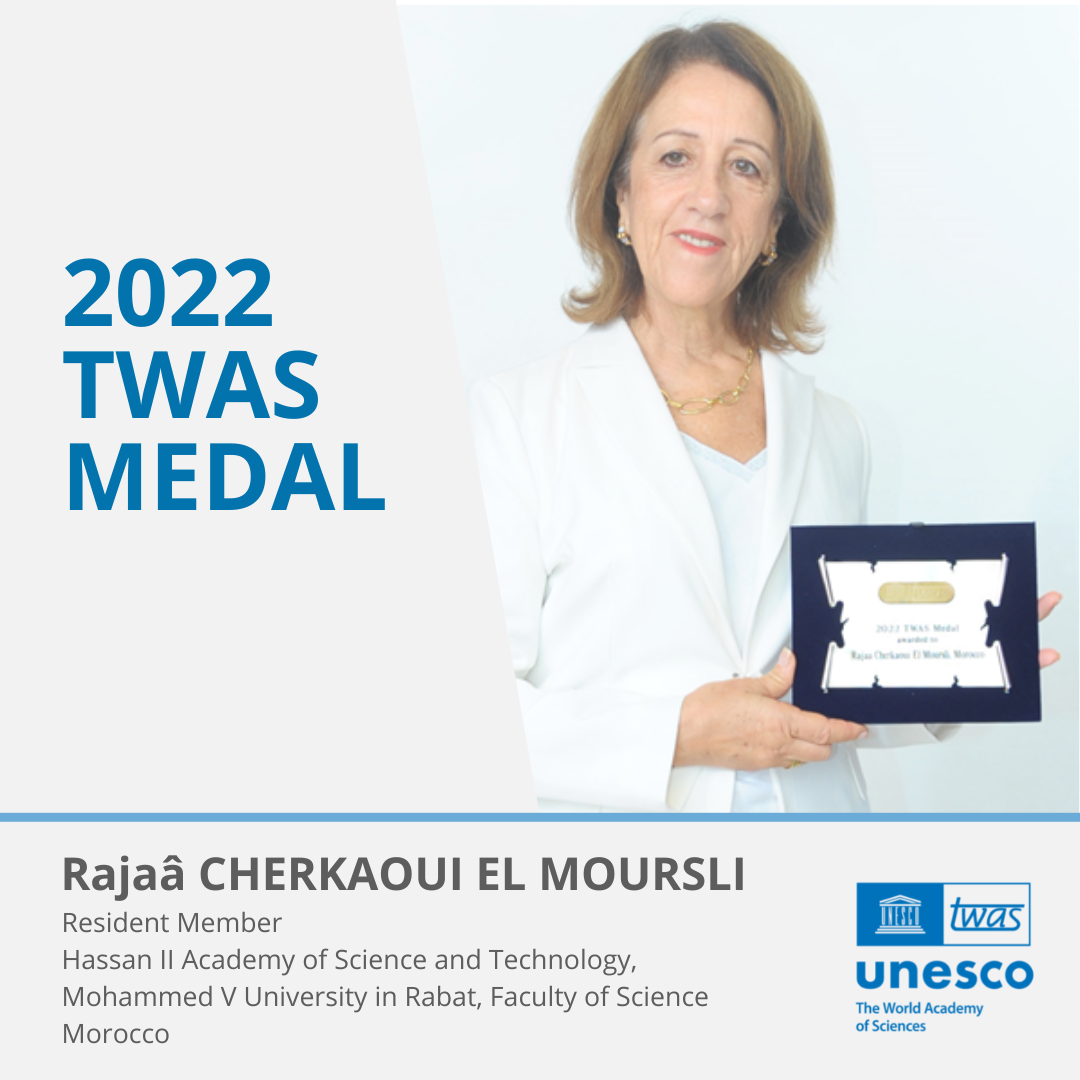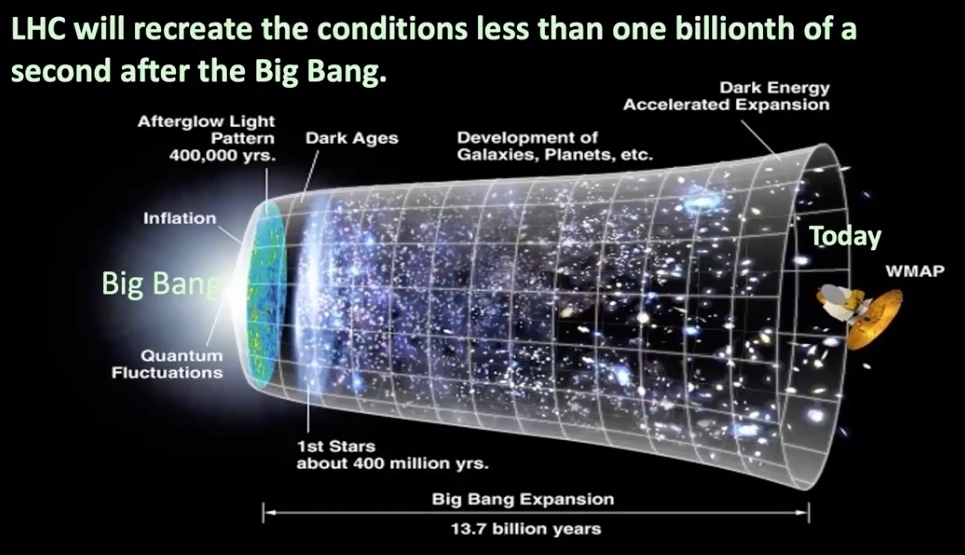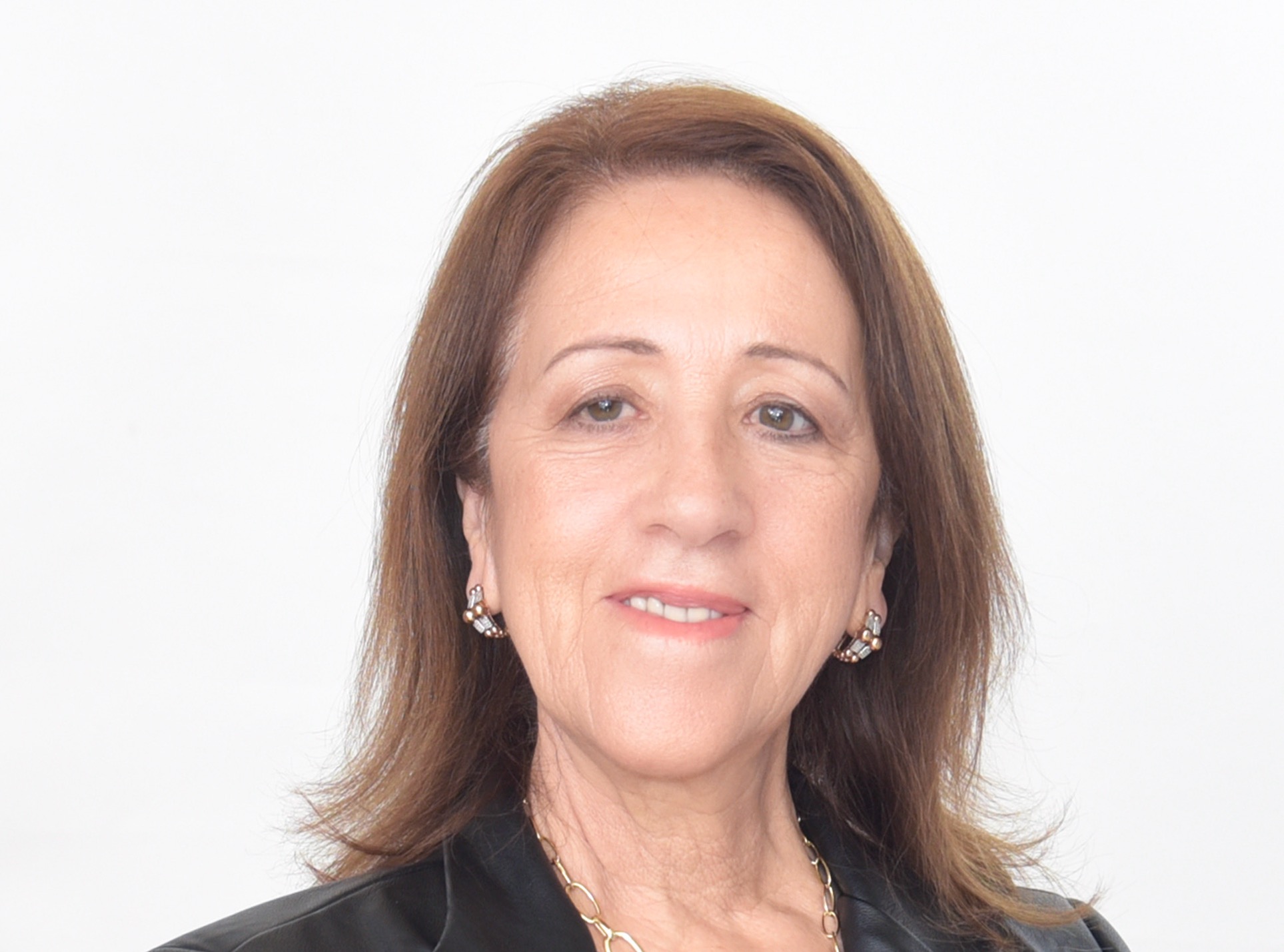Rajaâ Cherkaoui El Moursli, an accomplished Moroccan physicist who has led high-level international research using the world’s largest particle collider, is one of the four 2022 TWAS Medal winners. She was awarded a TWAS Medal for her achievements in nuclear physics at TWAS Sixteenth General Conference, during an awards ceremony that took place on 21 November.
TWAS Medals are prestigious recognitions that the Academy bestows since 1996 to honour outstanding scientists and their achievements. The recipients receive a medal and lecture on their work during TWAS conferences. The other 2022 TWAS Medallists are George Fu Gao of China, a TWAS Fellow since 2014; TWAS Young Affiliates Network (TYAN) member Sok Ching Cheong of Malaysia; and Bruce M. Alberts of the United States, a TWAS Fellow since 2001.
Cherkaoui El Moursli is a physics professor at the University Mohammed V of Rabat, in Morocco, and a 2018 TWAS Fellow.
She led a research team in Morocco that was involved in the ATLAS experiment at the European Organization for Nuclear Research (CERN). ATLAS experiments allowed the discovery of a predicted fundamental particle called the Higgs Boson, named after its discoverer, the British theoretical physicist Peter Higgs who won the 2013 Nobel Prize in Physics along with François Englert.
In 2015, Cherkaoui El Moursli received the L’Oréal-UNESCO For Women in Science Award representing Africa and the Arab States “for her key contribution to one of the greatest discoveries in physics: proof of the existence of the Higgs Boson, the particle responsible for the creation of mass in the universe”, and is a resident member of the Hassan II Academy of Sciences and Technology, in Morocco.
"I would like to thank TWAS for this prestigious distinction," she said. "I'm really honoured to be selected as a recipient of one of the 2022 TWAS Medals. This is also a recognition of the high level of Moroccan science, which is now part of the most important international collaborations."
Cherkaoui El Moursli’s Medal Lecture took place today, 23 November, and focused not only on how the ATLAS experiment pushed the frontiers of scientific knowledge, but also on how the collaboration with CERN propelled Morocco's participation in global physics projects.
"ATLAS is a particle physics experiment carried out at the Large Hadron Collider (LHC) at CERN, in Geneva," she explained. "It was designed to detect particles that can be created only through proton-proton collisions at extremely high speed. Through these experiments, the international community hopes to recreate the conditions existing in the universe less than one billionth second after the Big Bang, about 13.7 billion years ago."
The sheer magnitude of ATLAS is difficult to fathom: the experiments involved 42 countries, 181 scientific institutes and more than 3,000 scientists—including 1,200 PhD researchers.
Our current framework for physics, Cherkaoui El Moursli added, is based on the Standard Model, which describes fundamental particles and how they interact with each other, under four 'basic forces': the strong force, which holds together atomic nuclei; the weak force, which is behind radioactivity; the electromagnetic force, including both visible and non-visible light; and gravity. "The ATLAS collaboration is searching for a new physics, transcending our current vision of the universe," she said.
In her presentation, Cherkaoui El Moursli described some upgrades currently being made to ATLAS aiming to improve the LHC’s ability to detect particles, providing better-quality data from 2028 onwards. She also highlighted how Morocco benefitted from its participation in this international scientific feat.
"Through ATLAS, we provided an important contribution to science, and physics in particular, in our country. Benefits include the establishment of the first master's courses in medical physics, and in radioprotection and, on average, a higher scientific level of our PhD students," she noted. "In addition, one of the six Moroccan universities that are members of the ATLAS collaboration—Mohammed VI Polytechnic University—set up a supercomputing centre that places Morocco at the heart of international collaborations."
Science, she concluded, is a powerful driver of intellectual, social and economic growth, and building a new generation of young, competitive scientists should become a priority for all countries. "Increasing the impact of science and building confidence in science can only be achieved through science education, scientific mediation and the development of scientific and technical skills."
Cristina Serra
Watch Prof. Cherkaoui El Moursli's Medal Lecture video here:

